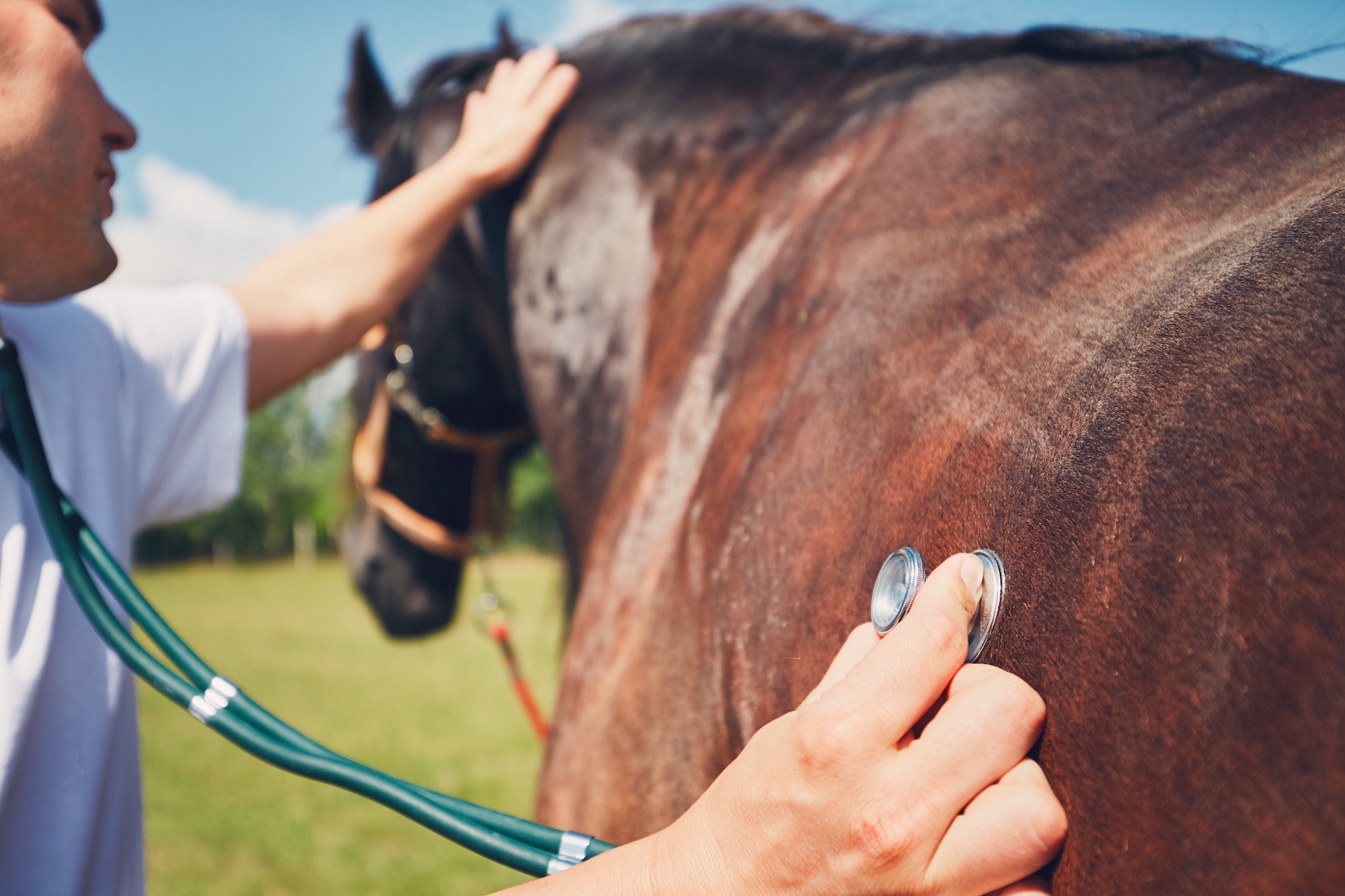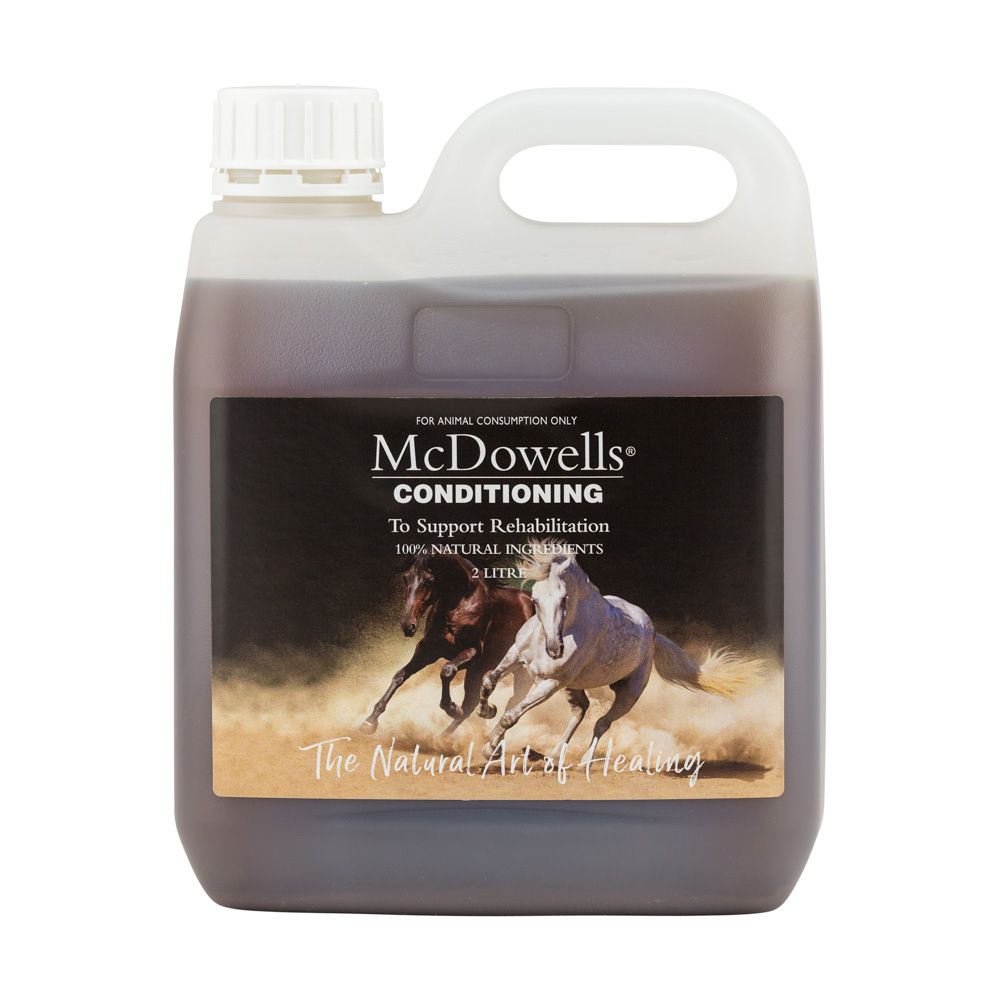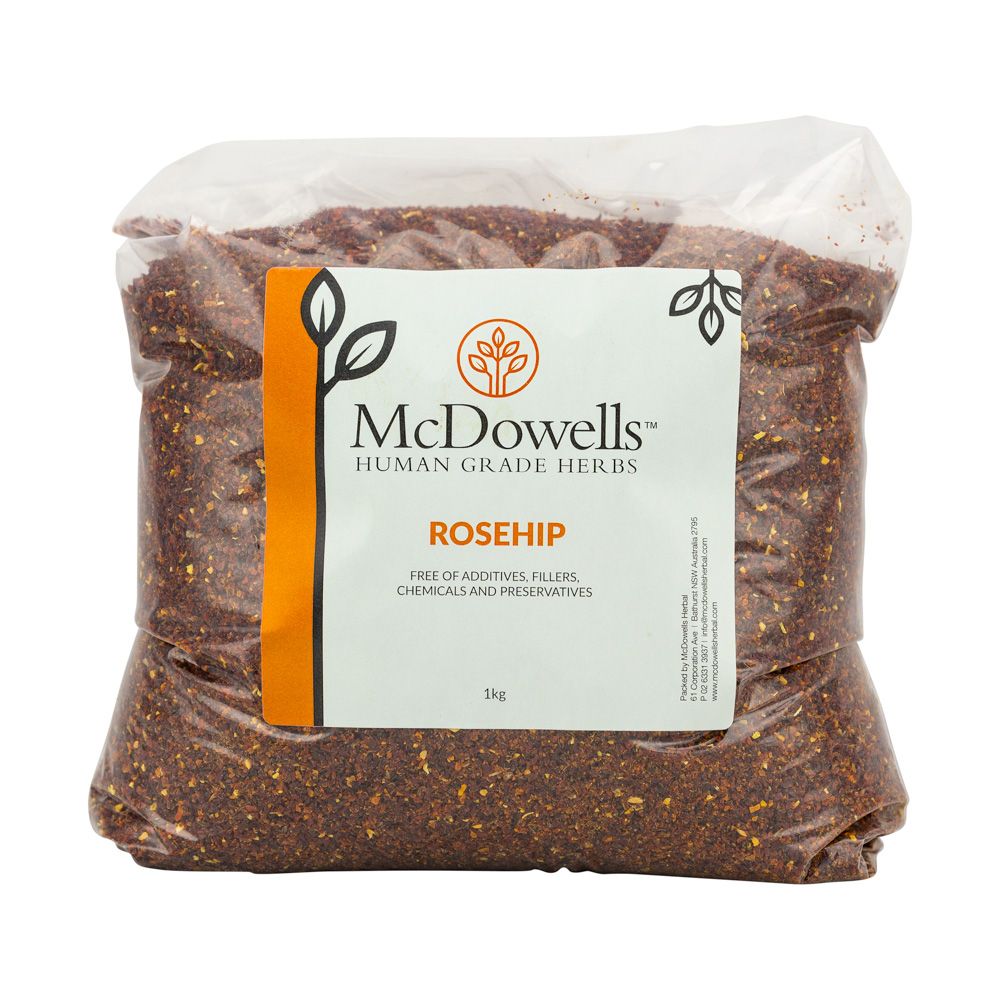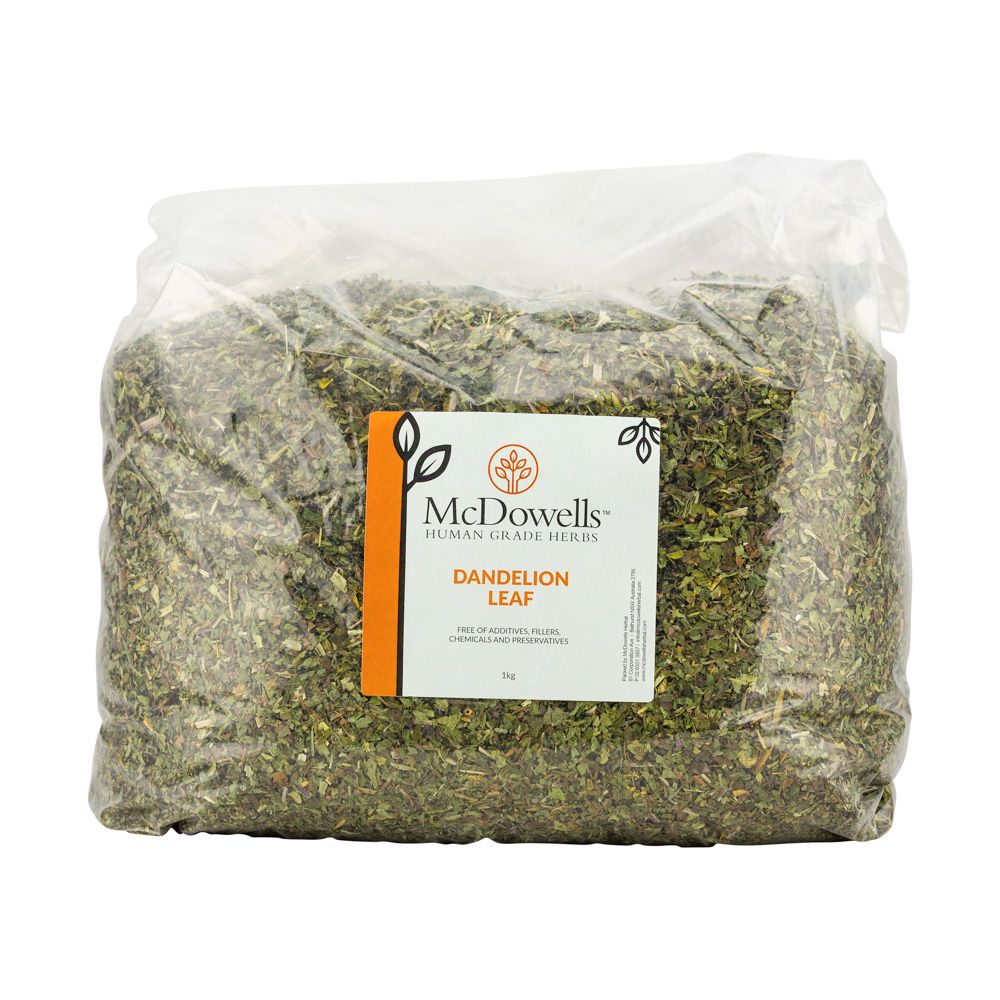A poison is a compound that irritates, damages body tissue or alters the metabolism. There's many things that can poison a horse - water, weeds, chemicals, bites and heavy metals the horse may have been exposed to.

The best way to treat poisoning is to prevent it in the first place. Ensuring your horse has access to fresh clean water, ensuring his living space is free from poisonous plants,
Symptoms of poisoning are long and varied and depends on the poison.
They could include:
- Abdominal pain
- Constipation, diarrhoea, straining, rectal prolapse
- Weight loss or loss of appetite
- Restlessness or muscle twitching or tremours
- Unsteadiness, staggering or paralysis
- Blindness or pupil dilation
- Breathing difficulties and problems swallowing
- Collapse or fitting
- Lethary or depression
- Swelling around the face, eyes or neck
- High temperature and stress laminitis
Symptoms may not appear immediately, or may develop rapidly. Some horses go on to develop kidney or liver damage, and sudden deaths can occur (1).
What to do if you think your horse has been poisoned:
The first step is to remove your horse from the source of poison. Take a look around where the horse was stabled or roaming and attempt to spot any possible poisons. Contact your vet immediately; inform them when, where and how the poisoning occurred.
Where possible, retain a sample of the toxin so the right treatment can be given when arriving at the vets/when the vet arrives (2).
A poisoned horse, in nearly all, serious cases, is going to require veterinary treatment. If the poison has been ingested (some poisons can enter via the surface of the skin), the vet will attempt to wash out the stomach of the horse in the hope of removing the poison (2).
McDowells Products
Conditioning Mix
For any type of poisoning we recommend the Conditioning Mix. The herbs in this formulation have been traditionally used and prescribed for rehabilitation in horses which have suffered a major health breakdown, suffered poisoning, snake bite or have, for other reasons, developed liver or kidney damage or are recovering from a major illness, surgery or accident. The tonic may protect your horse from repercussions and relapses during recovery. Spelling time may also be reduced dramatically. This mix support's the liver, the main organ affected when poisoning occurs.
Dandelion root
You will need to steep about 2 dessert spoons of dandelion root in 500 mls of hot water, allow it to cool, and then mix it into the feed 2 x a day. This is a good support for the liver.
Rosehip tea
Done in the same manner, using 2 dessert spoons of Rosehip Granules (this is very high in Vit C and Iron) and will help to support the kidneys.
References
(1) UK RSPCA - Poisoning in equines.
(2) Poisoning in horses - diagnosis treatment and heavy metal poisoning. James Watts




